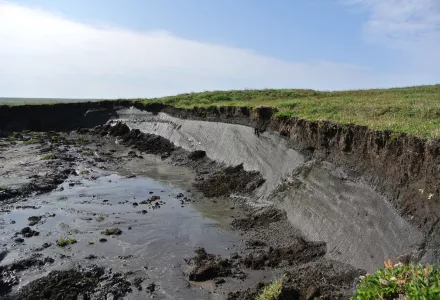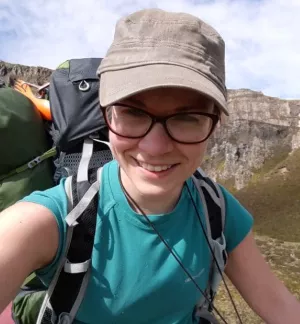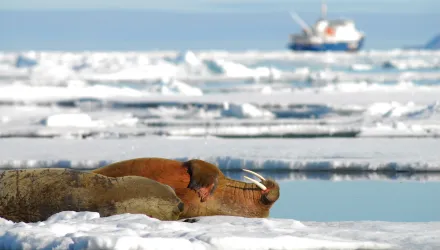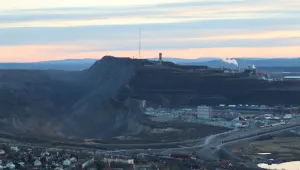
Abstract
Permafrost thaw is drastically altering Arctic lands and creating hazardous conditions for its residents, who are being forced to make difficult and urgent decisions about where and how to live to protect themselves and their lifeways from the impacts of climate change. Permafrost thaw also poses a risk to global climate due to the large pool of organic carbon in permafrost, which, when thawed, can release greenhouse gasses to the atmosphere, exacerbating an already rapidly warming climate. Permafrost thaw has significant implications for adaptation and mitigation policy worldwide. However, it remains almost entirely excluded from policy dialogues at the regional, national, and international levels. Here we discuss current gaps and recommendations for increasing the integration of permafrost science into policy, focusing on three core components: reducing scientific uncertainty; targeting scientific outputs to address climate policy needs; and co-developing just and equitable climate adaptation plans to respond to the hazards of permafrost thaw.
Natali, Susan M., Robin Bronen, Patricia Cochran, John P. Holdren, Brendan M. Rogers and Rachel Treharne. “Incorporating Permafrost into Climate Mitigation and Adaptation Policy.” Environmental Research Letters, September 7, 2022
The full text of this publication is available via Environmental Research Letters.














